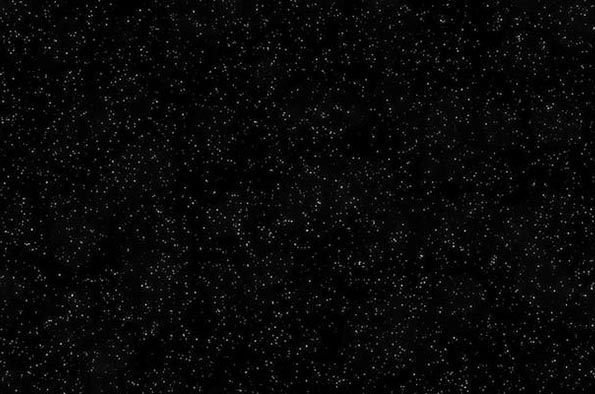
Sounding the Story: Why John Williams’ film music is more than music
- Dr Helen Thomas (School of the Arts)
- Suitable for: All welcome
- Admission: Free
- Book now
Add this event to my calendar
Click on "Create a calendar file" and your browser will download a .ics file for this event.
Microsoft Outlook: Download the file, double-click it to open it in Outlook, then click on "Save & Close" to save it to your calendar. If that doesn't work go into Outlook, click on the File tab, then on Open & Export, then Open Calendar. Select your .ics file then click on "Save & Close".
Google Calendar: download the file, then go into your calendar. On the left where it says "Other calendars" click on the arrow icon and then click on Import calendar. Click on Browse and select the .ics file, then click on Import.
Apple Calendar: The file may open automatically with an option to save it to your calendar. If not, download the file, then you can either drag it to Calendar or import the file by going to File >Import > Import and choosing the .ics file.
It is sometimes said that the best film music is the music the viewer doesn’t notice, the music that does not draw too much attention to itself. Yet few are the people who, if they have seen the films, would not immediately recognise ‘that’ music from Star Wars, Indiana Jones, Harry Potter or E.T.; in fact, imagine those films without that music. Moreover, Williams’ film music is so much more than the sum of its memorable and hummable theme tunes. In this lecture, Dr Giles Hooper explores the deeper role and function of film music, through the lens of John Williams’ output, in order to demonstrate its pivotal role in not only supporting but actively directing, the filmic narrative and the viewer’s emotional investment.
Third of five FREE Public Lectures in the Arts promoted by the University of Liverpool on the theme 'Beauty, Utility, Time'
